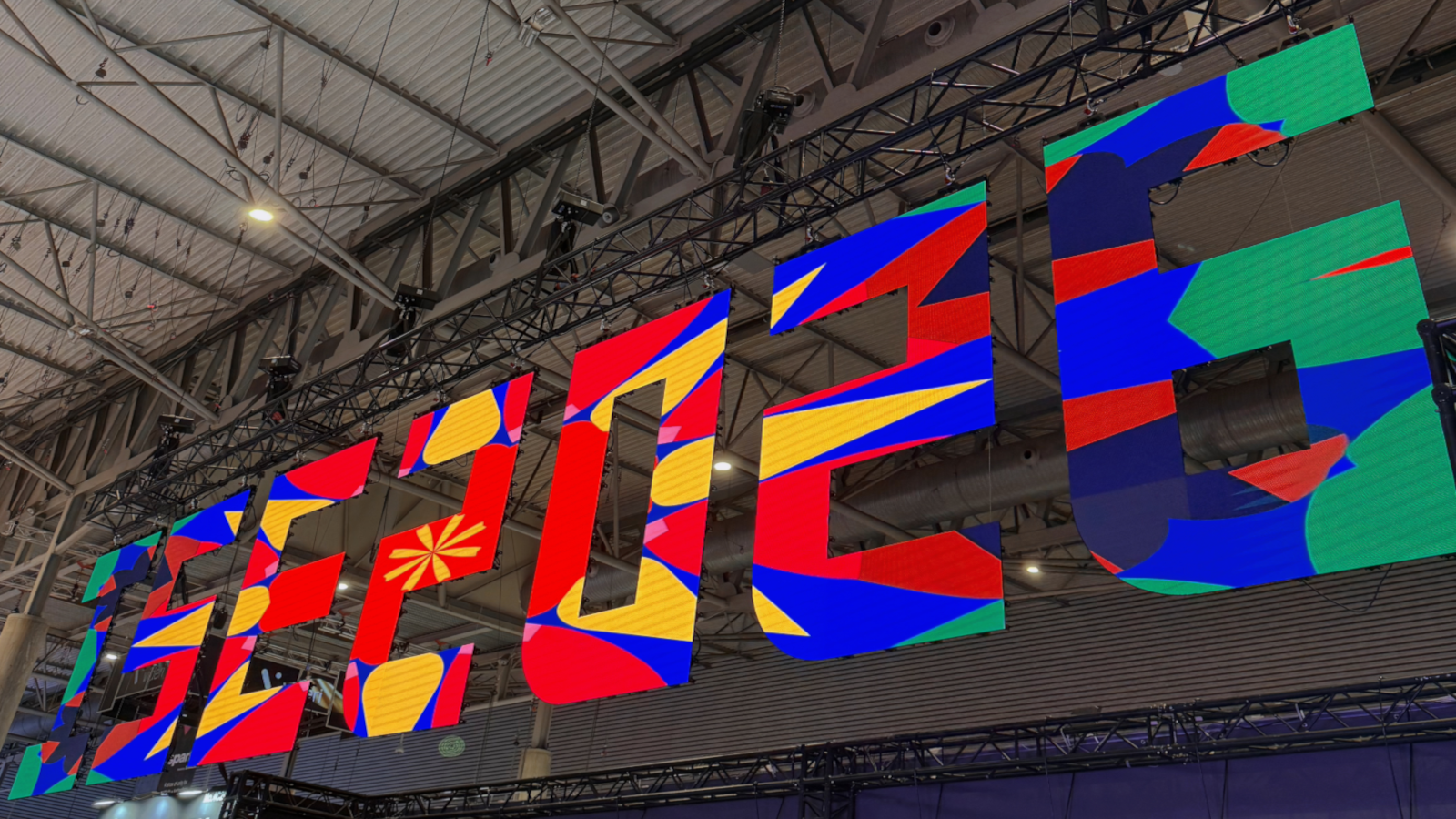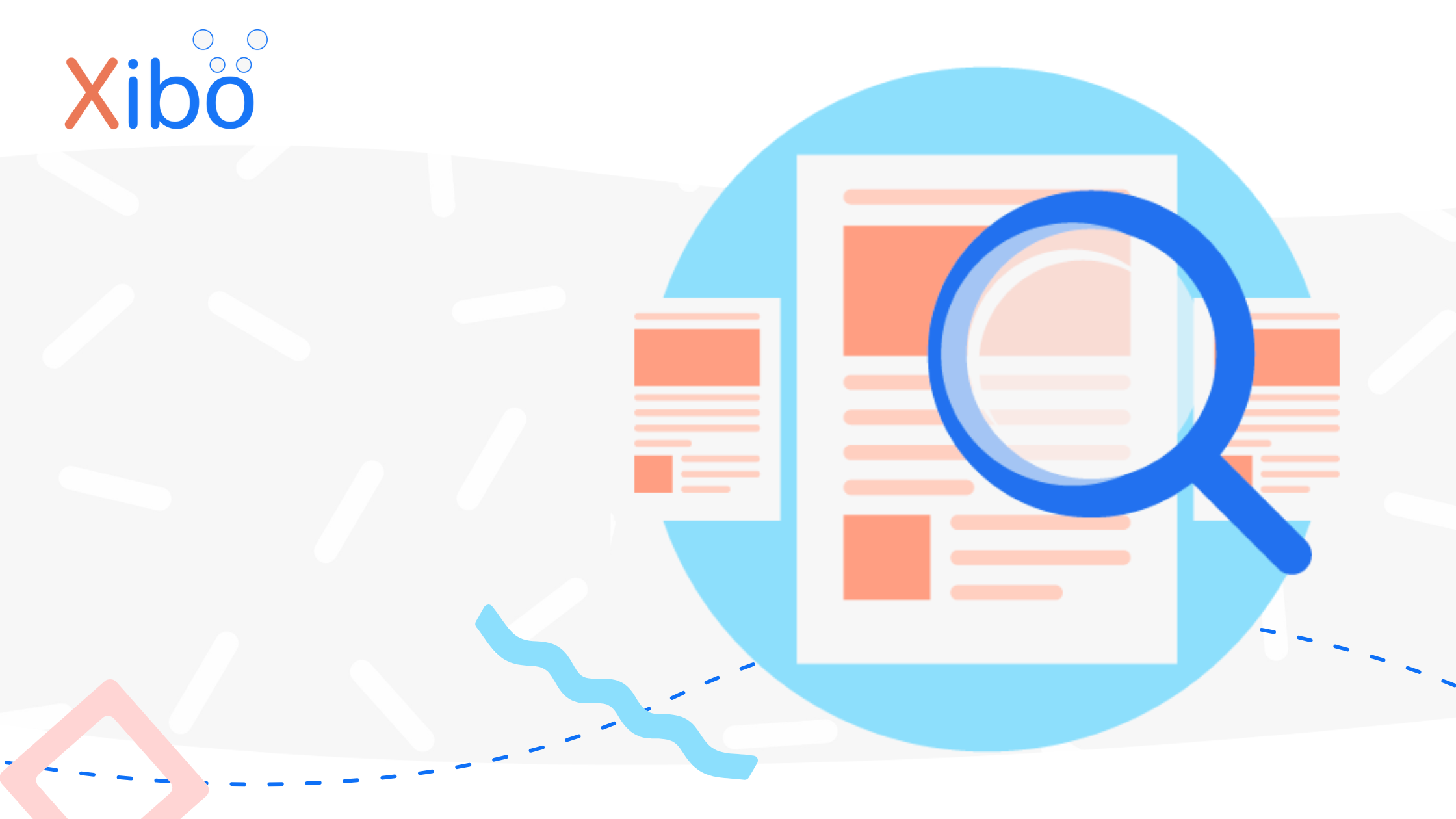Changes to Google Traffic Widget
The information contained on this page is now archived. Please see our website and documentation for current information
If you're hosting your own Xibo CMS and using the Google Traffic widget to show local traffic conditions, you may have received an email in the past week from Google explaining that there are going to be some changes around the way that the Google API that widget uses will be charged.
Prior to July 16th 2018, Google gave everyone 25,000 map loads per day at no cost, which was plenty to display traffic maps for most peoples needs. If you went over that limit, then you could enable billing on your account, give them a credit card number, and they would charge you a small amount for the extra map loads.
Unfortunately, Google are changing that pricing structure so that all access to the Maps API is now billable, and the cost per map load is increasing significantly. Our understanding based on the numbers we have been shown is that it's an increase of around 15 times the prior cost.
That may mean that you will shortly be getting significant bills for using the Maps API from Google.
We strongly suggest that if you are using the Google Traffic widget, you check what your usage is currently and find out what that is going to cost you month on month under the new billing structure. You may then wish to limit your usage, or cease usage on that basis.
In the interim, we are discussing what options there are for reducing the amount of calls Xibo makes to the API, or swapping to an alternative data source provider.
Cloud Customers will receive a separate notification if these changes will mean we have to limit or remove the Google Traffic widget from the Cloud hosted CMS, or if we will require you to provide your own API key for Google Maps in the future.


.png)
